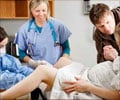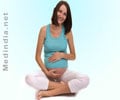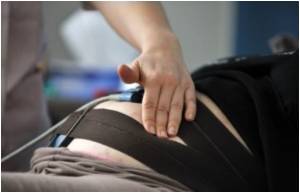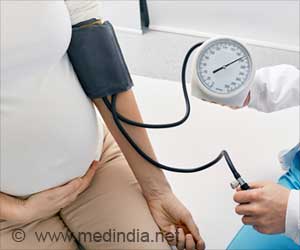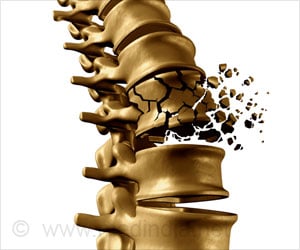The UK midwives’ leader has warned that maternity services are almost near a breaking point in the country and called for more homebirths.
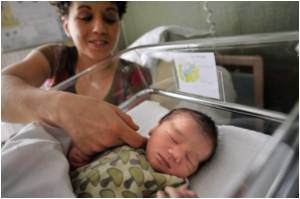
Lashing out at the ‘campaign’ against home birth and midwife-led care, she said, "We want to make sure that all women know that the choice of a home birth is available to them.
"We are not sure what the coalition Government's position is on home birth - or whether they are honouring their pre-election promises for adequately staffed maternity services for 3,000 more midwives.
"To begin providing more home births, there needs to be a seismic shift in the way maternity services are organised.
"The NHS is simply not prepared to meet the potential demand for home births because we are still embedded in a medicalised culture.
"The recently reported drop in the home birth rate in England from 2.9 % in 2008 to 2.7% in 2009 is a real disappointment."
Advertisements
Speaking on BBC Radio Four on Wednesday, the midwives' leader claimed some researchers collaborated with the media to publish stories claiming home birth was less safe than hospital birth.
Advertisements
"Women should speak to midwives and ask them about evidence relating to their own circumstances, and be allowed to make an informed choice," she said.
The parenting charity National Childbirth Trust (NCT) has backed the RCM's views. It said in its statement,
"NCT supports women and their families to choose whatever type of birth is right for them. Home birth should be a mainstream option for women in the UK, alongside birth centres and hospital maternity units. It is a safe and viable option.
“We were disappointed to see a reduction in this year’s home birth figures. NCT believes women are finding it more difficult to book a home birth. There is no evidence of a reduction in demand, but we know maternity services are additionally stretched due to a rising birth rate and too few midwives. Low midwifery staffing levels can mean home birth is either not offered at all, or is withdrawn at short notice.
“Research by NCT found women’s access to a home birth service in 2008 varied greatly between different areas – 89% of women lived in areas where the home birth rate was below 5% so, we argue, access is limited. NCT calls on every NHS trust and board to ensure that choice of place of birth is available to all women.
“The current home birth rate in England and Wales is 2.7%. In order for home birth to be considered a mainstream choice, NCT believes there needs to be a home birth rate in each locality of at least 5%. We feel this indicates that there is an adequate infrastructure of community-based midwives in place to provide the service, that midwives will have a body of experience of home birth giving them confidence to offer the service, and expectant parents will know of local families who have planned a home birth and had a positive experience, so home birth seems like a realistic option for them to consider.
“For those who have had a straightforward pregnancy and like the idea of a home birth, the advantages include greater privacy and comfort in familiar surroundings, more control, one-to-one midwifery support, and the opportunity for the whole family to stay together after the birth.
"For a healthy woman with a straightforward, low-risk pregnancy there is no evidence home birth is less safe than a hospital birth. In both settings, it is important there are enough experienced midwives to provide one-to-one care. For home birth, a well-integrated referral system and ambulance service are also needed so that if a woman needs to transfer to hospital she can do so promptly and receive appropriate care."
A Department of Health spokesperson said: "All mothers should expect consistently excellent maternity services.
"We have made clear that women and their families should be given the information they need to make informed choices about their maternity care.
"The planned number of midwives in training in 2010/11 is 2,493 - a record level.
"We expect there will be a sustained increase in the number of new midwives available to the service over the next few years."
Source-Medindia

